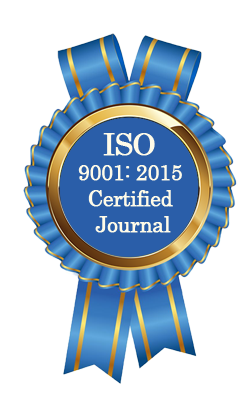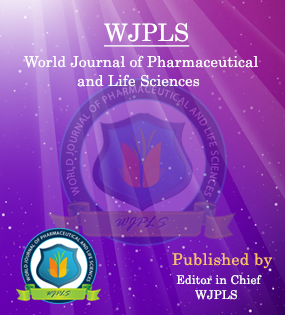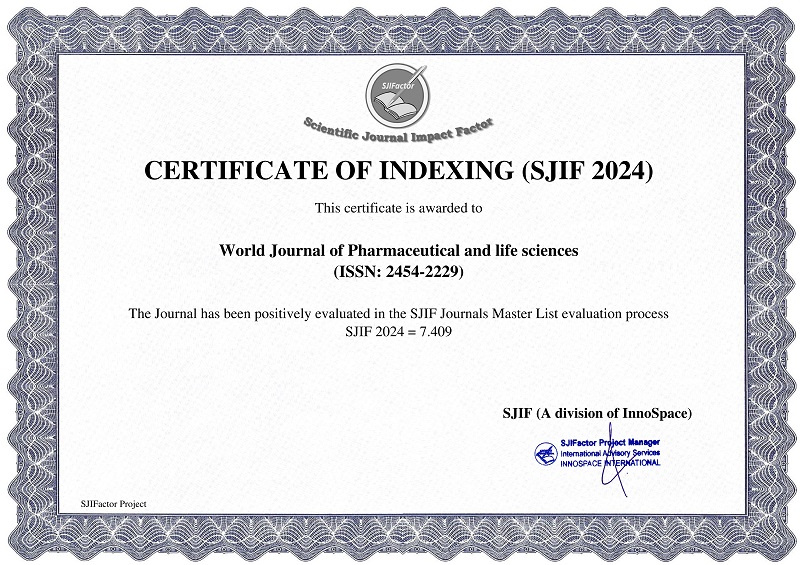Abstract
MOLECULAR DOCKING ANALYSIS OF APIGENIN AS A NATURAL ANTICANCER COMPUND
Danni Ramdhani* and Resmi Mustarichie
ABSTRACT
Objective: Investigation of the anticancer mechanism of apigenin bioflavonoid compounds was carried out through docking experiments with 3 different molecular targets; Vascular Endothelial Growth Factor R2 (VEGFR2), Procaspase 7, Protein Kinase B were known to be involved in the physiology of cancer. The interaction of apigenin was compared with the interaction of each original crystallized ligand at the active location of this receptor. This comparison was based on the parameters of their docking results, as well as, the type of interaction that occured with various amino acids on the active side of the bonding pocket. Materials and Methods: Molecular docking studies began by downloading the receptor file as a target on the Protein Data Bank (PDB), and the ligand structure was obtained from pubchem and zinc. docking. The preparation of receptors and ligands was done with discovery studio software, pyrx, MgTool, followed by docking and visualization processes using AutoDock Vina and Discovery Studio Visualizer. Results: The binding activity value as a docking score was obtained -7.6 kcal/mol for interaction with the procaspase 7 receptor, protein kinase B receptor B -9.1 kcal/mol, and VEGFR2 -7.3 kcal/mol. Conclusions: Molecular docking studies showed that the flavonoid apigenin compound had the strongest affinity and potential as an anticancer through the inhibition mechanism of protein kinase B receptors.
[Full Text Article] [Download Certificate]WJPLS CITATION 
| All | Since 2020 | |
| Citation | 590 | 424 |
| h-index | 12 | 10 |
| i10-index | 17 | 14 |
INDEXING
NEWS & UPDATION
BEST ARTICLE AWARDS
World Journal of Pharmaceutical and life sciences is giving Best Article Award in every Issue for Best Article and Issue Certificate of Appreciation to the Authors to promote research activity of scholar.
Best Article of current issue
Download Article : Click here





